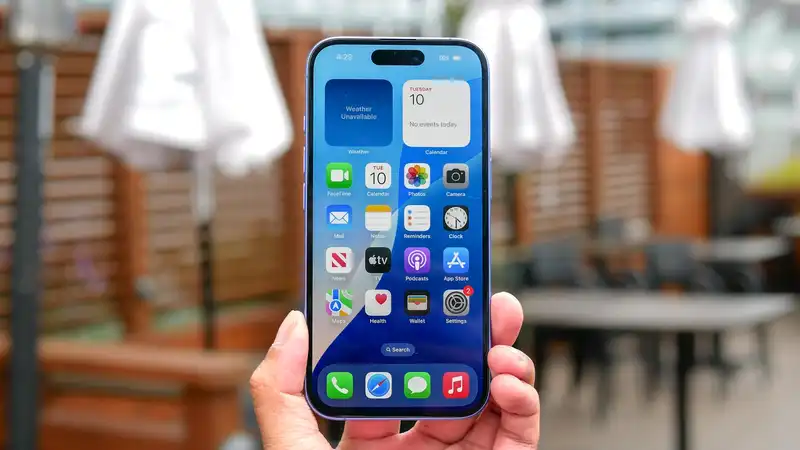Earlier this year, the Federal Communications Commission proposed new rules to make it easier to unlock cell phones and change carriers.
The initial announcement was made on June 27, but the FCC formally proposed the rule change less than a month later, on July 18. Once rules are formally proposed, the FCC typically accepts comments and responses from the public.
Network carriers T-Mobile and AT&T issued their responses to the rule this week. The proposal requires carriers to unlock phones that are 60 days past activation, even if they are under contract and not fully paid up.
Both carriers argue that locking phones to providers would make cell phones cheaper for both businesses and customers, and that unlocking phones so quickly would actually be harmful to customers. Consumer advocacy groups say the FCC's rules will give people more choices and help lower costs.
“Consumers, not providers, stand to lose the most if the Commission mandates a uniform unlocking policy,” the company wrote in an October 17 filing with the FCC. T-Mobile noted that the proposal would force providers to reduce their most attractive lineup of handsets, and consumers would risk losing out on the benefits of free or heavily subsidized handsets."
In its July Notice of Proposed Rulemaking, T-Mobile was specifically highlighted by the FCC specifically highlighted by the FCC because of its policy that prepaid handsets sold by its sub-brand Metro would be locked to the network for at least one year after purchase.11]
In T-Mobile's response (viewed by Gizmodo), the company stated that “if unlocking handsets is mandatory, providers would have no choice but to limit their handset offerings to lower prices and offer devices with inferior performance."
The company also stated, ”If we were to make handset unlocking mandatory, providers would have no choice but to limit their handset offerings to lower prices and offer devices with inferior performance.
In its proposal, the FCC asserts that “the ability of [customers] to switch to another provider, even after paying full price for the handset, is limited by locked handsets.” Furthermore, locked cell phones, especially those tied to prepaid plans, may disadvantage low-income consumers.
As we discovered in June, the three major carriers are all about unlocking after 60 days, and T-Mobile actually offers 40 days as long as your device is fully paid off.
Generally, however, these contracts lock customers into “free” devices and higher plans that are paid off as part of the contract. As an example, T-Mobile currently offers the iPhone 16 Pro for free with “24 monthly billing credits,” and if the customer cancels before the two years are up, these credits will disappear. the FCC's plan will resolve the confusion surrounding such plans by establishing a hard unlock requirements would be established.
Verizon, which has not submitted public comments, has less stringent requirements surrounding its contracts, presumably because of requirements imposed on the company after it purchased new wireless spectrum. Nevertheless, like T-Mobile and AT&T, they are pushing customers into higher-level contracts in order to receive “free” handsets.
“When you buy a cell phone, you should have the freedom to decide when to change your service to the carrier you want, and you should not be bound by practices that prevent you from making that choice for the handset you own,” FCC Chair Jessica Rosenworcel said during the proposal.
After all, two-year contracts and “subsidized” smartphones hide the true cost of handsets in people's pockets. Unlocking contracts and handset prices could reveal the true cost of handsets and what people are actually paying. A lock could obscure prices and keep people from leaving their carriers.










Comments